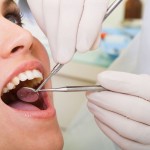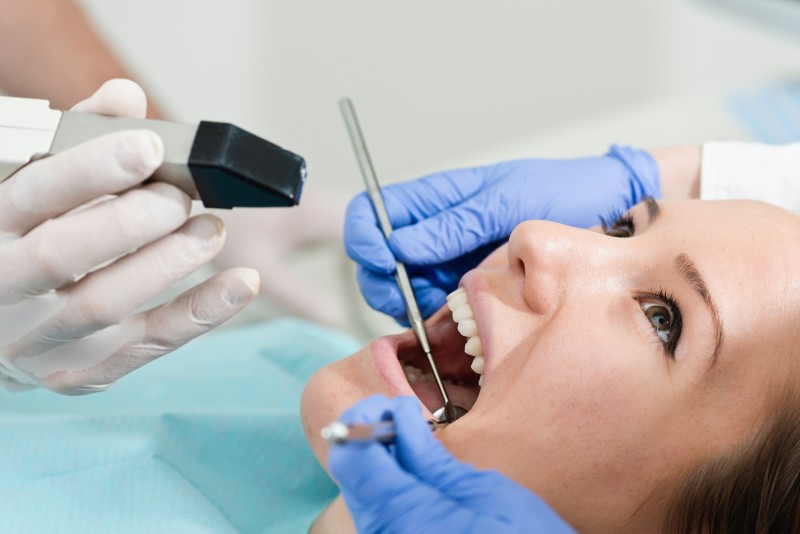The success rate of treatment with dental implants are very high, provided they are made by a professional. The work, however, does not stop once the implant is put in place by the professional of Implant Dentistry In Altoona. Indeed, the patient must also make their own contribution to prevent infections. This is done in the form of good oral hygiene and regular visits to their dentist.
The durability of a dental implant does not depend only the material, but also on the position of the maxillary bone, which must be free of infection. This is guaranteed, in part, by healthy and well-cared for teeth. Secondly, the adaptation of a specialized and experienced dentist in the field is very necessary. The professional should ideally have postgraduate training in periodontics, oral surgery or reconstructive dentistry, and it is good to have postgraduate training in oral implantology
A hallmark of a great dentist is ongoing continuing education in their field, because the field of dentistry is always evolving. Like your dentist, you should have continuous and regular follow-up after implant placement. This is imperative to the long-term success of your implants. Several studies prove that with long-term treatment, accompanied by good personal oral hygiene, the success rate can rise to 95% over fifteen years. However, factors related to general health, such as diabetes or smoking, can negatively influence the longevity of the implant.
The critical area for cleaning the implant is in places where the implant comes in contact with the mucosa. It is in these sites where you need to remove deposits of plaque and food debris, because they can cause mucus, which in the long term can lead to perimplantitis, and possibly bone support. These serious consequences, however, can be avoided by meticulous daily cleaning. In this context, the proper use of available health resources, especially those concerning Implant Dentistry In Altoona, is of fundamental importance.
If plaque deposits are not removed from the surface of the prosthesis, inflammation of the mucosa may develop within two days. At a still early stage, only the superficial layers of the tissue around the implant are affected. Inflammation can be resolved by a thorough cleaning, and this does not leave permanent damage. However, if deposits persist longer, inflammation, initially benign, can spread to the bone, leading to perimplantitis. For more information about dental implants, or to inquire about other cosmetic dentistry procedures.





